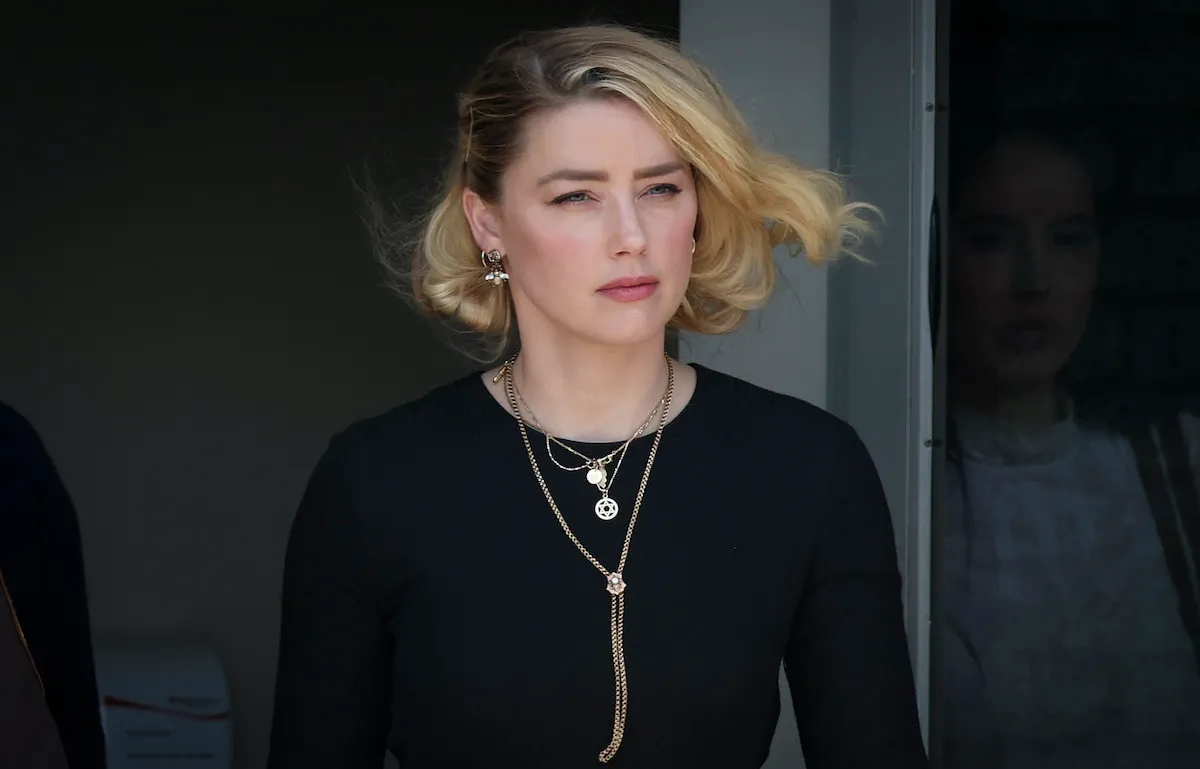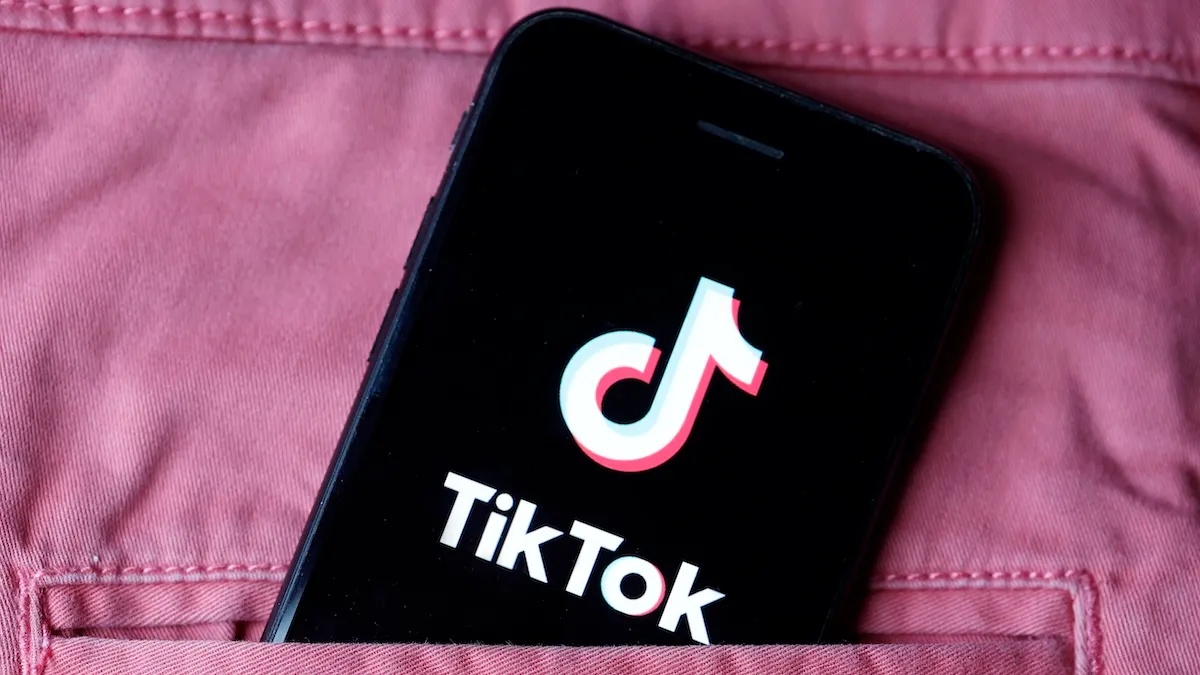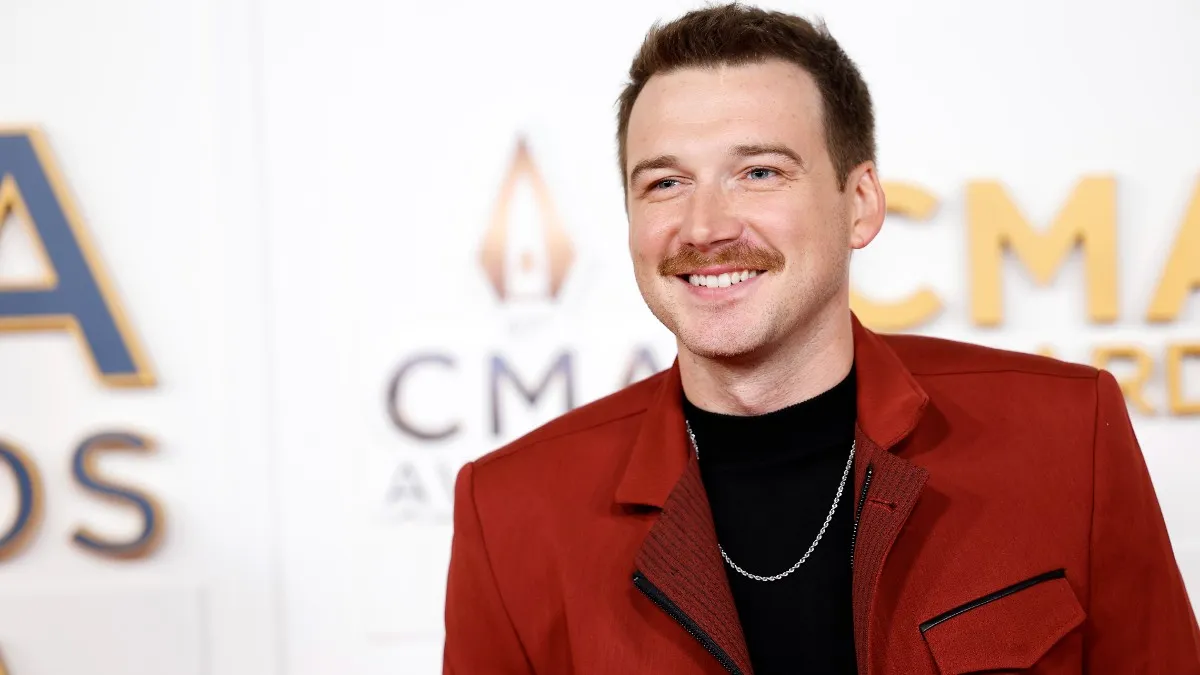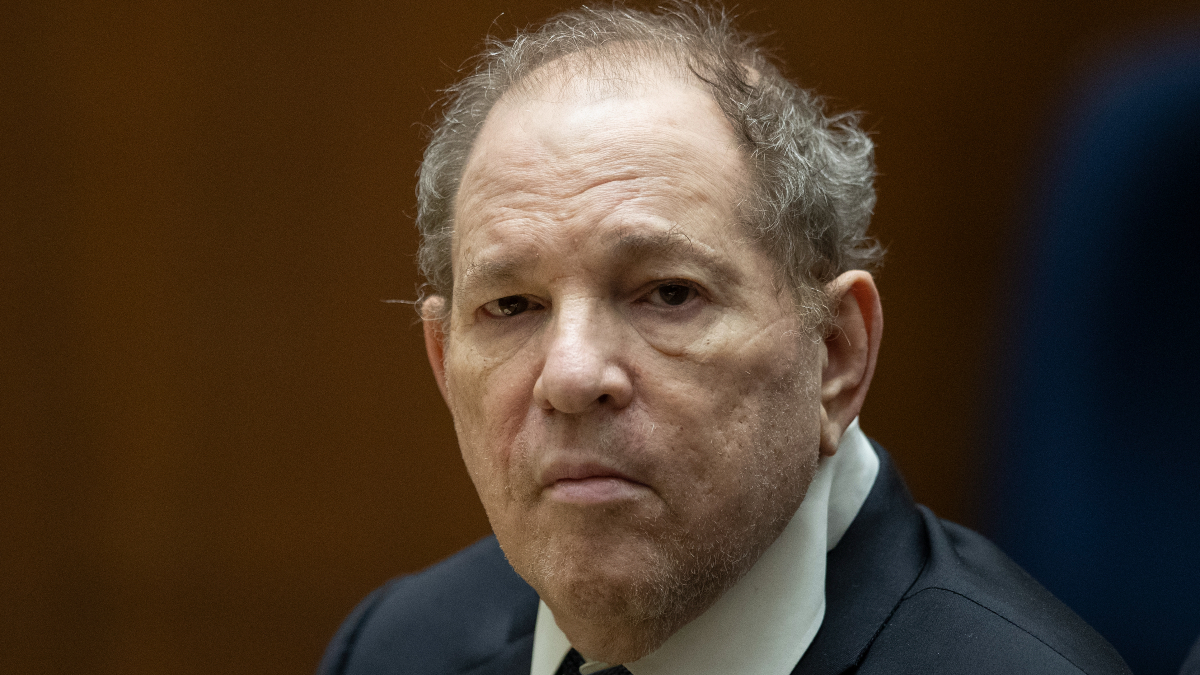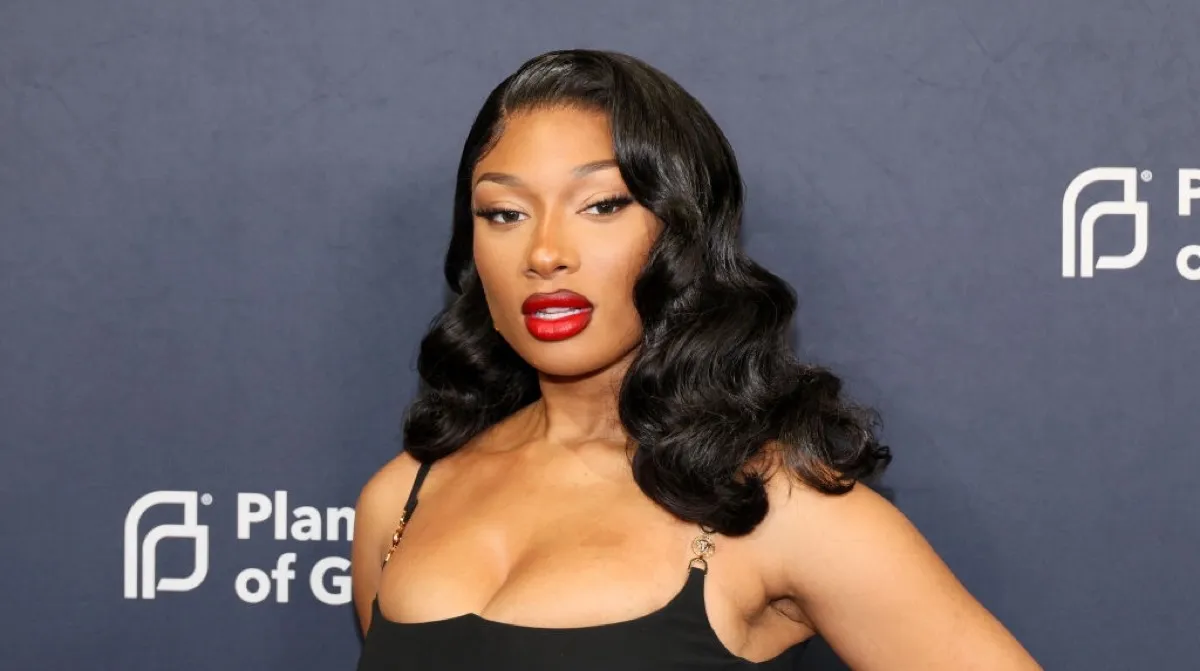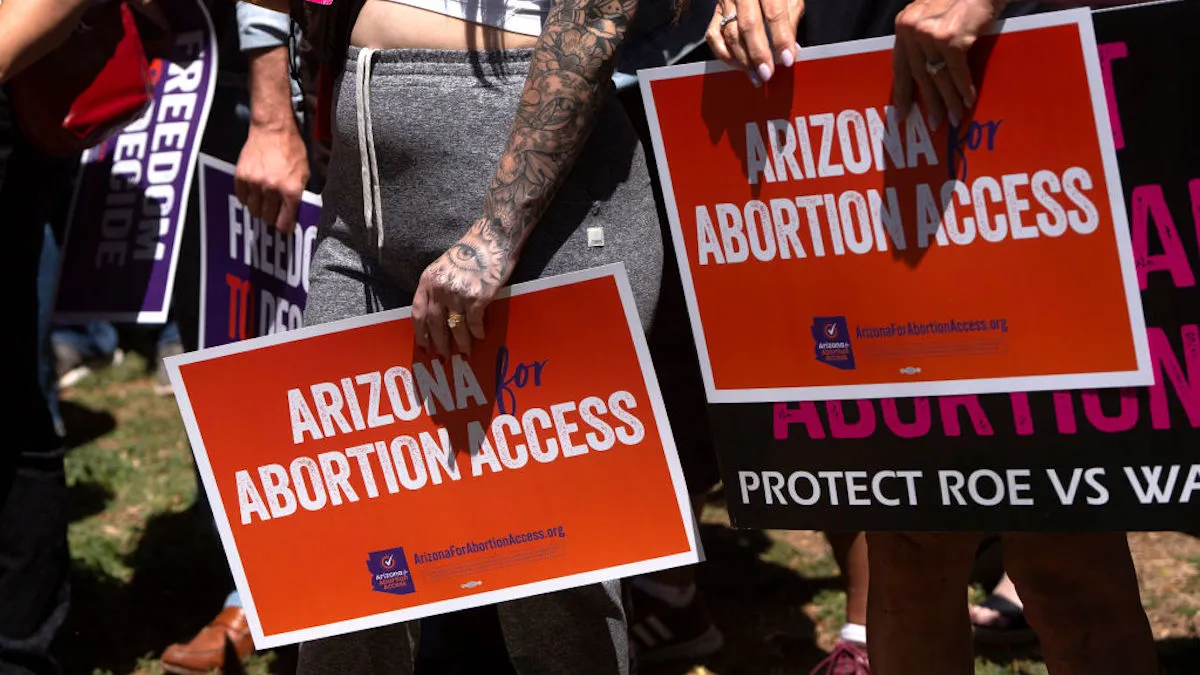The first time I’d ever heard of Francine Hughes was on a program called I Love The ’80s. They talked about the 1984 film The Burning Bed, starring Farrah Fawcett as the real-life woman Francine Hughes. Since the segment that mentioned the movie was a comedy, there wasn’t a lot of substance to the story, so I ended up looking up the case.
On March 9, 1977 in Dansville, Michigan, after 13 years of abuse at the hands of her husband, James “Mickey” Hughes, Francine Hughes burned him alive while he slept. During her trial, she was found not guilty by reason of temporary insanity. It was one of the first cases involving “battered-woman syndrome” as a defense, even though it happened before that term was codified. Before the Hughes case, it was very rare for the police to get involved in domestic violence, as it was seen as a “family issue.” There was a history of abuse that was witnessed between the couple, but nothing was done.
They were first married when Francine was 16 years old and didn’t even graduate high school. According to a report for the Washington Post, “The abuse began on their honeymoon, she recounted, when her husband accused her of dressing too revealingly and tore off her clothing. They divorced in 1971, but Hughes continued to live with her and their four children after their legal separation.”
What makes the Francine Hughes case unique is that—despite the publicity, the television movie, and the attention it brought to domestic violence—it was not something that changed the laws in favor of women who killed their alleged abusers. In the Law and Order: SVU world I grew up in, I thought “battered woman syndrome” was a defense, and one that worked. Of course, the standard for women or anyone who was an abuse survivor was that, if they had substantial claims of abuse, they could “stand their ground.” That is not the case.
In 1979, psychologist and Domestic Violence Institute founder Lenore E. Walker proposed the concept of battered woman syndrome (BWS), which can be seen as a sub-category of PTSD. Walker might be known to some for giving witness testimony during the O.J. Simpson murder trial, which ended up being problematic because of Simpson’s history with domestic violence, and she ended up testifying for the Goldmans in the civil case.
Over the years, concept has been criticized because of how it creates an image of a victim of domestic abuse who is, overall, a passive figure. It frames the idea of a victim as someone who cannot fight back except on one occasion, but that’s unfair because not all survivors behave the same—something we see people continue to have issues with is understanding today. The overwhelming issue that has always been faced in domestic violence testimony is the same as rape—it is usually something that happens behind closed doors. It comes down to who can deliver more engaging evidence to the jury. This doesn’t mean it is accurate; it means that it can appeal on an emotional level.
Jane H. Aiken and Jane C. Murphy, two professors of law, wrote in a paper for Georgetown Law Faculty Publications, “Even when they do testify, women who experience domestic violence are often not believed. Despite changes in legal and popular conceptions of domestic violence, judges and juries continue to ignore or discount victims’ testimony about the abuse.”
They continued, “[…] expert testimony is often necessary to dispel common myths about battered women and to educate judges and juries about the dynamics of domestic violence. Recent case law, however, has limited the admissibility of ‘non-scientific’ expert testimony and may make it difficult for practitioners to use experts in their cases. In addition, particular evidentiary issues arise when victims are pursuing both criminal and civil remedies against the batterer.”
Then you have tp balance out the expert testimony with the long-standing biases that a jury would have about the subject. Most people are frankly just not knowledgeable about domestic violence on a psychological level—even other victims.
As the National Coalition Against Domestic Violence (NCADV) said after the Depp-Head case, “Victim blaming comes in many forms, including criticizing a victim for not acting how you expect them to. While we support the idea that survivors are experts of their own lived experiences with abuse, survivors are not necessarily experts of all survivors lived experiences with abuse. What you would have done, or not done, is immaterial; what matters is believing a victim even if you disagree with how they responded.”
How does this tie back into Francine Hughes? Well, she was the kind of victim that people believe—the kind they find sympathetic, as they should—but it is also the testimony of someone who dealt with over a decade of battering and made a lot of sacrifices for the sake of protecting her children. When someone’s case is anything less than the highest caliber of tragedy, we have seen the differing reactions in the public eye. Battered woman/person syndrome can be and has been a tool to create empathy and to explain the psychological experiences of survivors, but it can only do so much when it perpetuates a pathology that only serves to make people skeptical if people fall short.
“High-profile cases that shine a light on domestic violence have been a wrongful source of entertainment in this nation for decades now,” NCADV wrote. “In 1993, people were making jokes at Lorena (Bobbitt) Gallo’s expense. In 1995, headlines were dominated by the O.J. Simpson trial. In 2002, the murder of pregnant Laci Peterson was breathlessly covered by news networks nationwide. In 2009, there were jokes about Rihanna and Chris Brown after a photograph of her injuries went viral.”
The Burning Bed came out in 1984, but we still did not have grace for Lorena Gallo. We speak, rightfully so, of the way in which male victims have a difficult time coming forward due to patriarchy. As a feminist site, we have covered male survivors coming forward and the difficulties they have faced—especially from other men wondering why they didn’t react with violence. We can hold that truth and the truth that people also don’t want to believe women unless they are perfect—which usually means dead.
I was a teenager when the Rihanna/Chris Brown story broke. I remember women saying “She must have done something.” I remember when the R. Kelly sex-tape trial happened and he was supported by many within the community despite the allegations against him. It took Bill Cosby two trials to be convicted, and even that was overturned due to prosecutorial misconduct. It does no justice to any survivors when we ignore that, despite the way we turn stories of women fighting back into Lifetime films and powerful stories, it doesn’t impact the average person. All it does is create a narrower and narrower standard of who can be harmed.
What we need to do, instead of looking to any one case, is to actually do the research—see what domestic abuse organizations are saying and actually look into statistics rather than assume, due to public reaction online, what the reality is. Sadly, we always perceive ourselves to be much more progressive than we truly are.
(featured image: Win McNamee/Getty Images)



